A novel melanin-based contrast agent may help assess the tumor vasculature after antiangiogenic treatment via Dynamic Contrast Enhanced Photoacoustic Imaging.
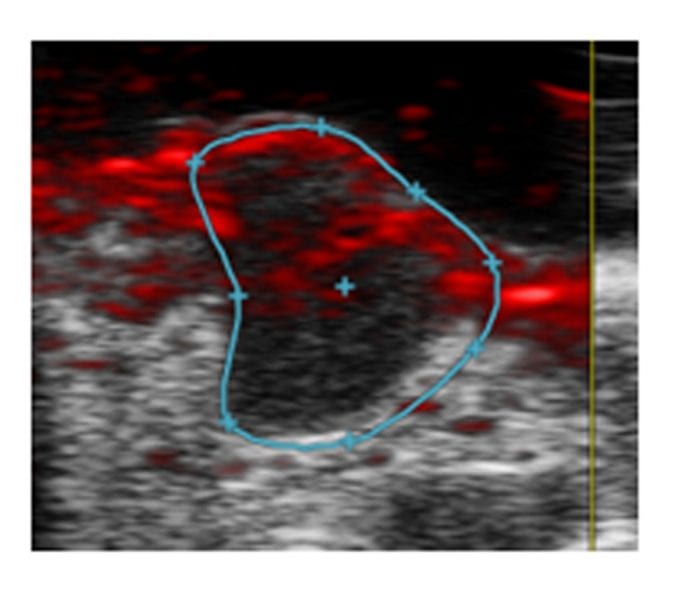

A novel melanin-based contrast agent may help assess the tumor vasculature after antiangiogenic treatment via Dynamic Contrast Enhanced Photoacoustic Imaging.
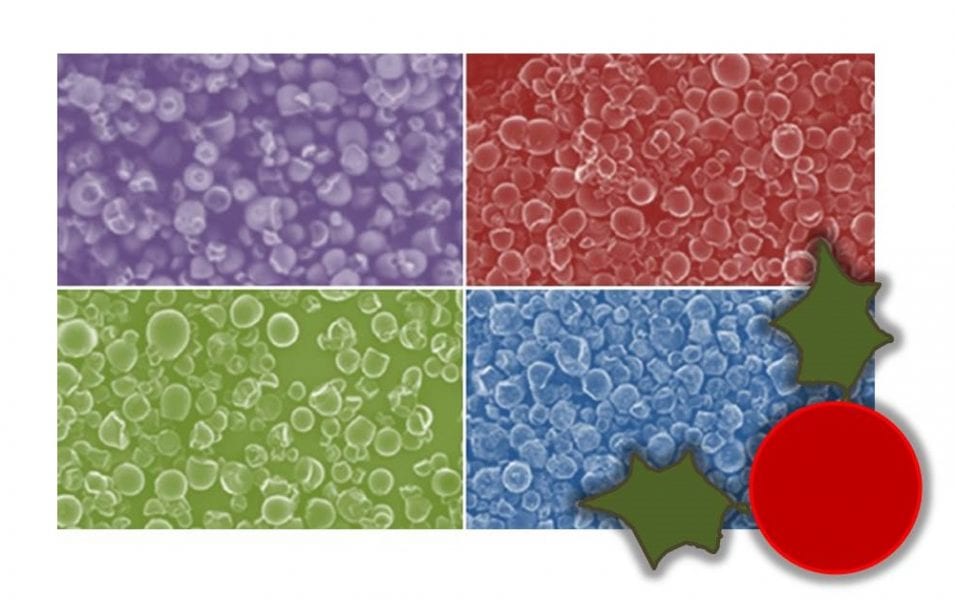
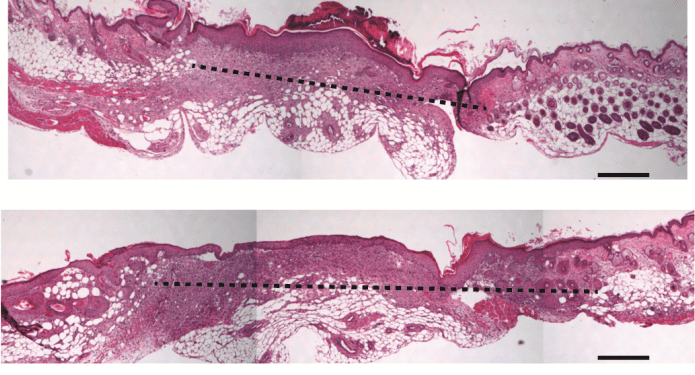
Researchers from the University of South Australia reveal how they use non-toxic porous silicon nanoparticles (pSi NPs) for the controlled release of FnAb to diabetic wounds.
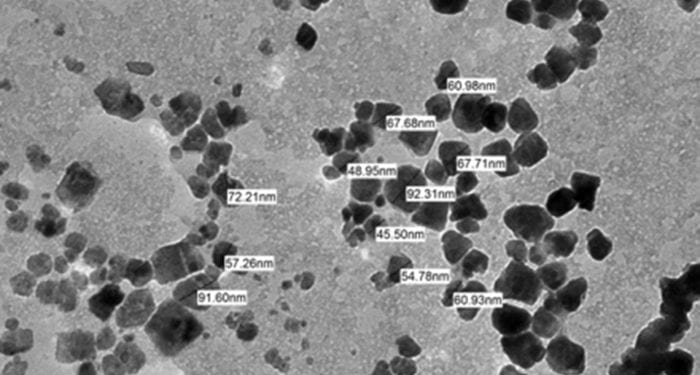
Natural polymers- based nanoparticles are widely used for biomedical purposes as they are highly biocompatible and biodegradable. Yet potential unexpected side effects have to be taken into account.
Researchers at the University of Science and Technology of China have developed mesoporous silicon nanospheres that can be used for photocatalytic hydrogen production.
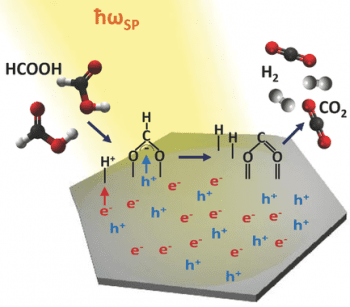
Pd nanosheets function both as broadband light absorbers and as synthetic catalysts for the dehydrogenation of formic acid to hydrogen and oxygen.
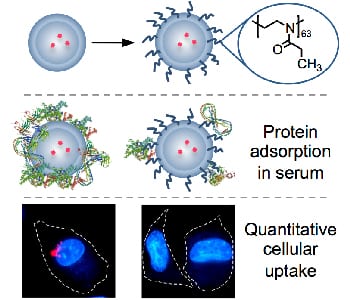
To avoid an undesired protein adsorption, nanoparticles were masked with poly(2-oxazoline)s resulting in a stealth coating comparable or superior to PEG.
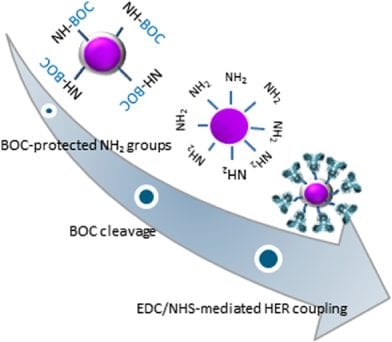
A novel method for preparing biodegradable polyurethane nanoparticles that will actively recognize cancer cells.
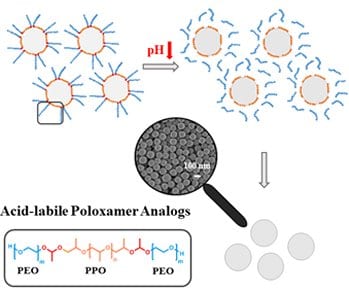
Researchers from Germany introduce acid-triggered precipitation which facilitates the removal of surfactant fragments from nanoparticles simplifying the purification and enabling nanoparticle precipitation “on demand.”
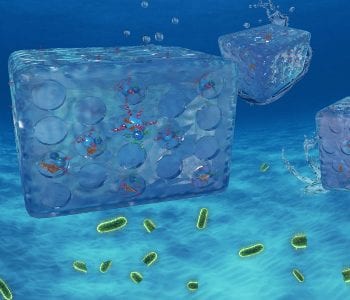
Using a variety of techniques to develop hybrid scavenger nanoparticles, researchers in China have created an efficient and reusable water filter to effectively clean polluted water up to safe drinking standards.